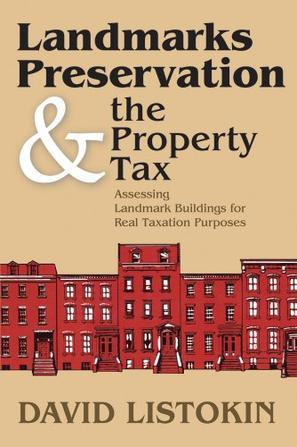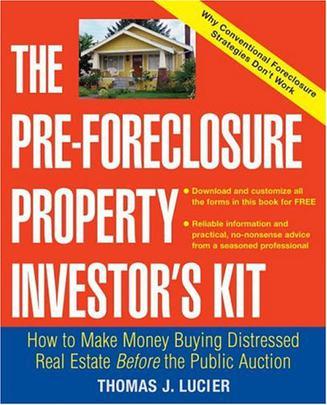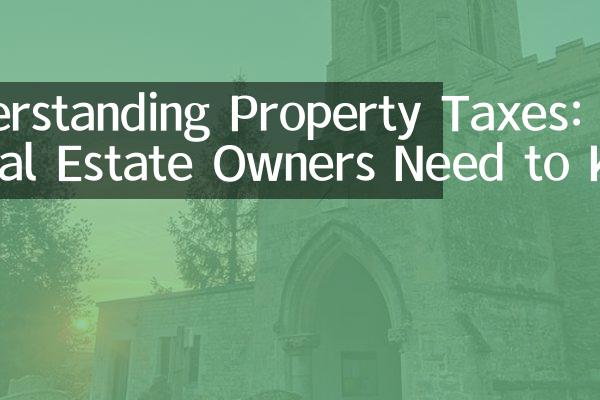"Maximize Your Home Investment: Understanding Loans for Property Taxes"
#### Understanding Loans for Property TaxesLoans for property taxes are financial solutions designed to help homeowners manage their property tax obligation……
#### Understanding Loans for Property Taxes
Loans for property taxes are financial solutions designed to help homeowners manage their property tax obligations. As property taxes can be a significant expense, especially for those who may face unexpected financial challenges, these loans serve as a lifeline. Homeowners can use these loans to cover the costs of property taxes, ensuring they do not fall behind on payments and risk penalties or foreclosure.
#### Why Consider Loans for Property Taxes?
There are several reasons why a homeowner might consider loans for property taxes. First and foremost, property taxes can be substantial and fluctuate based on local assessments. If a homeowner experiences a sudden loss of income, medical expenses, or other financial emergencies, it may become challenging to meet these tax obligations. Loans for property taxes provide a means to bridge this gap.
Additionally, some homeowners may find themselves in a position where they want to take advantage of investment opportunities but are constrained by their current tax obligations. By securing a loan for property taxes, they can free up cash flow and invest in more lucrative ventures.
#### Types of Loans for Property Taxes
There are various types of loans available for property taxes, each with its own terms and conditions. Here are some common options:

1. **Personal Loans**: These are unsecured loans that can be used for a variety of purposes, including paying property taxes. They typically have higher interest rates than secured loans but do not require collateral.
2. **Home Equity Loans**: If a homeowner has built up equity in their property, they may qualify for a home equity loan. This type of loan uses the home as collateral, often resulting in lower interest rates compared to personal loans.
3. **Tax Deferral Programs**: Some states offer tax deferral programs that allow homeowners to postpone paying property taxes until they sell the home or pass away. These programs can be beneficial for seniors or those on fixed incomes.
4. **Government Assistance Programs**: Various government programs provide assistance to homeowners struggling to pay their property taxes. These programs may offer low-interest loans or grants to help cover tax bills.
#### How to Apply for Loans for Property Taxes

Applying for loans for property taxes typically involves several steps:
1. **Assess Your Financial Situation**: Before applying for a loan, it’s essential to evaluate your financial standing. Determine how much you need to borrow and ensure you can afford the repayments.
2. **Research Lenders**: Different lenders offer various terms, so it's crucial to shop around. Look for lenders that specialize in loans for property taxes and compare interest rates, fees, and repayment terms.
3. **Gather Documentation**: Lenders will require documentation to process your application. This may include proof of income, tax statements, and information about your property.
4. **Submit Your Application**: Once you have chosen a lender and gathered the necessary documents, you can submit your application. Be prepared for a credit check and potential additional inquiries from the lender.

5. **Review Loan Terms**: If approved, carefully review the loan terms before signing. Ensure you understand the interest rate, repayment schedule, and any fees associated with the loan.
#### Conclusion
Loans for property taxes can provide essential financial relief for homeowners facing difficulties in meeting their tax obligations. By understanding the different types of loans available and the application process, homeowners can make informed decisions that help them manage their property taxes effectively. Whether through personal loans, home equity loans, or government assistance programs, there are options available to ensure that property taxes do not become a burden.